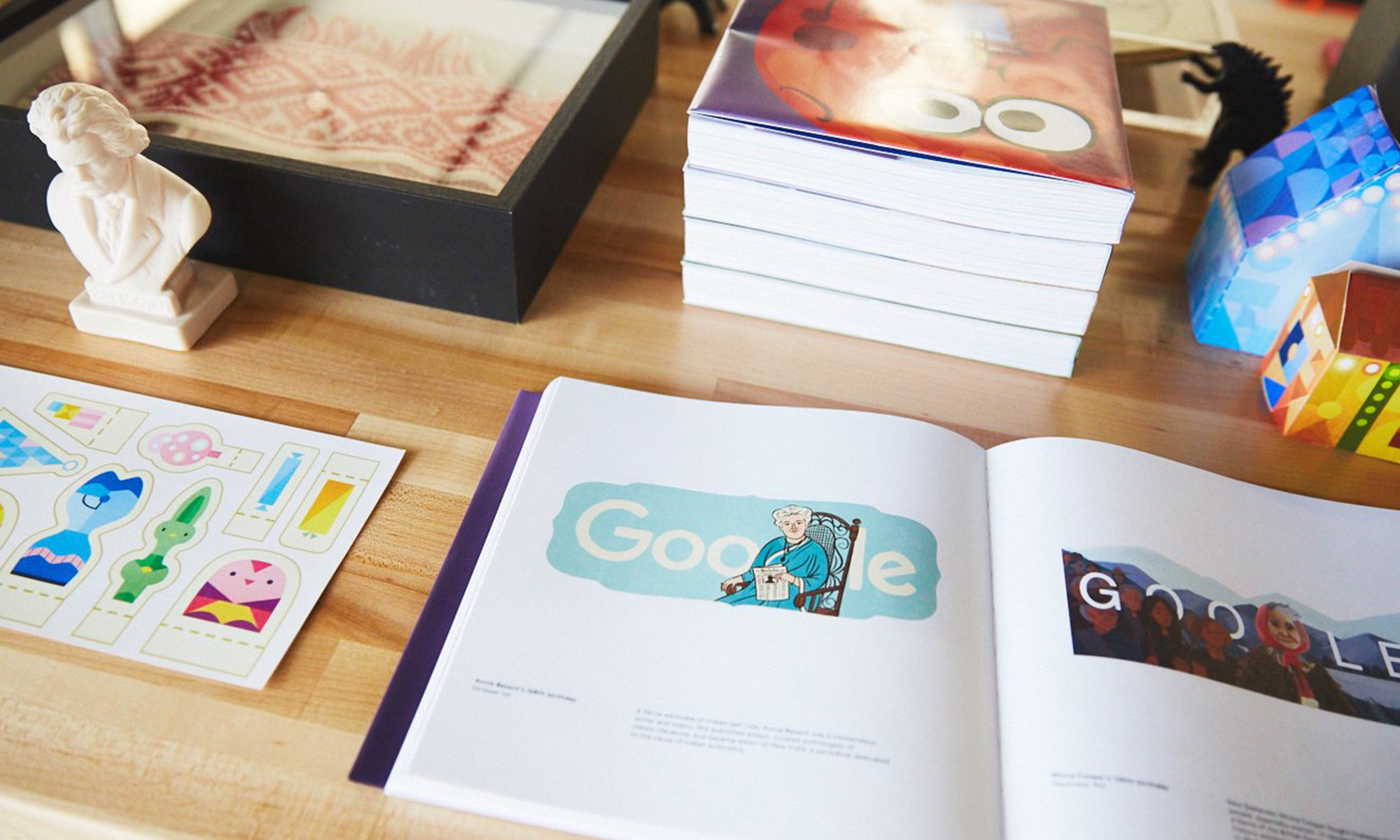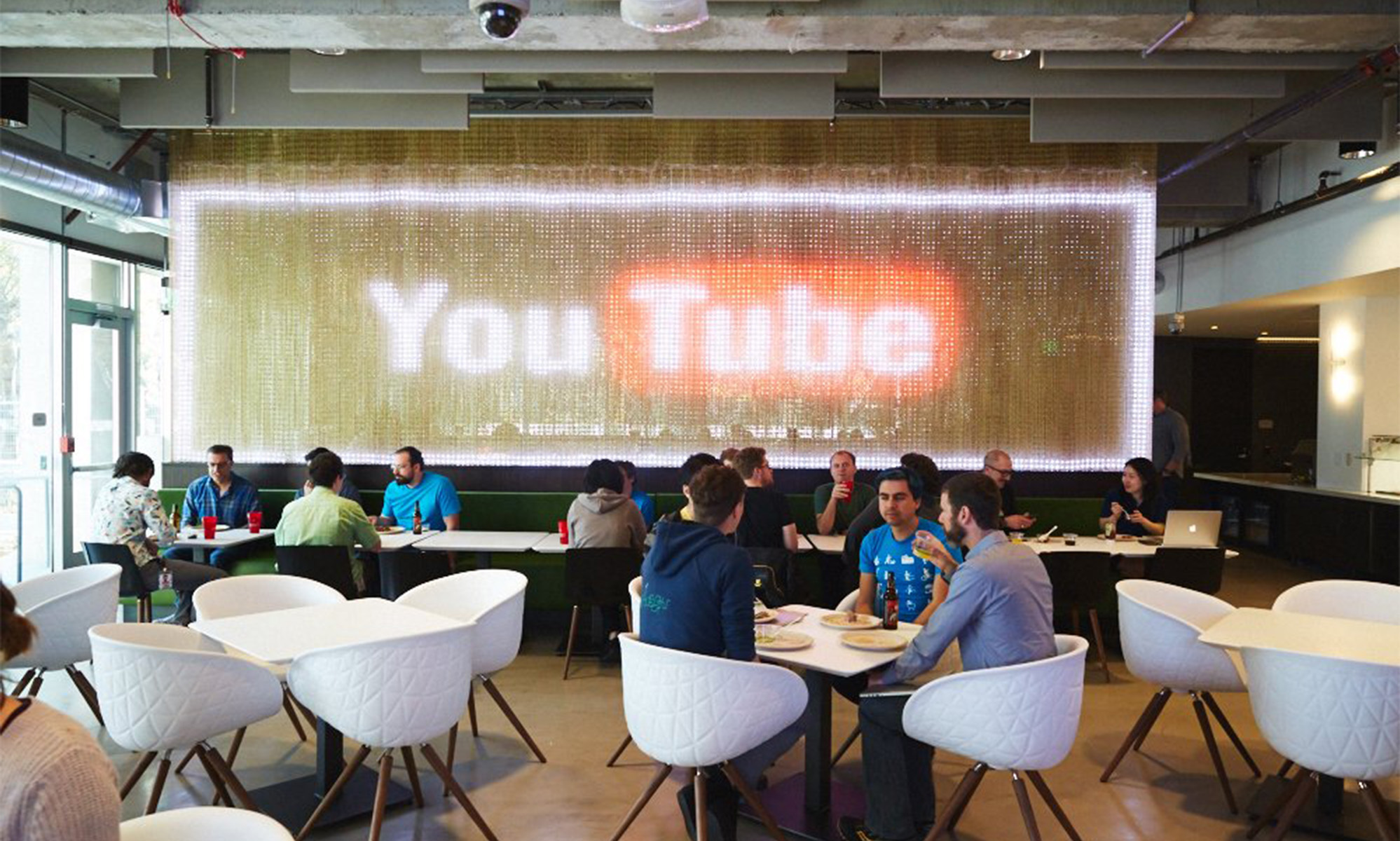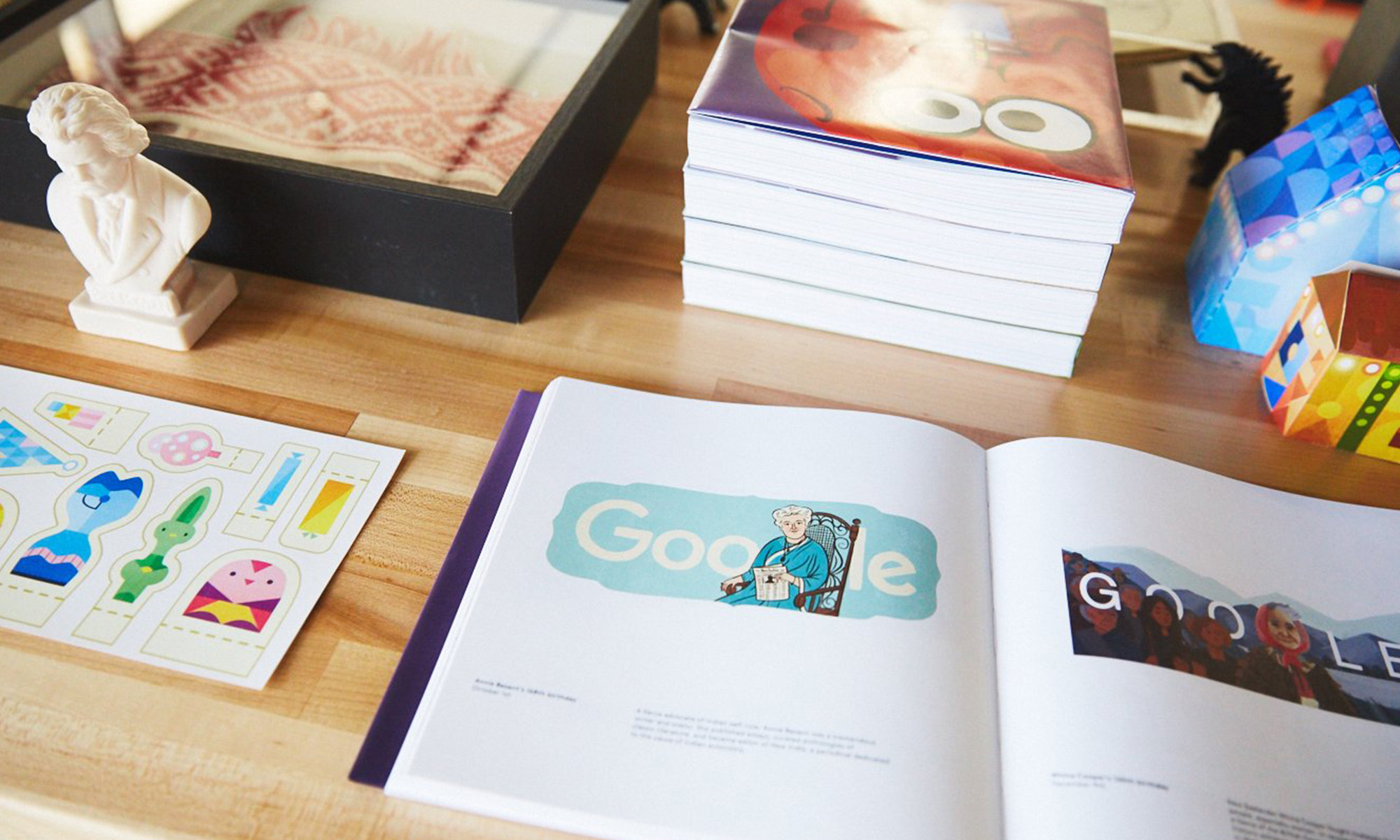Standing atop its throne as the virtually unchallenged King of Search since 2002, arguably no company knows better than Google (GOOG +1.47%) the fact the Internet serves to harbor plenty of content some folks deem... well... less-than-wholesome.
The tiny, explicit picture
That's why nobody was particularly surprised last week when adult app specialist MiKandi released the first X-rated app for Google Glass. The app allowed users to view and share pornographic material through their Google Glass interface.
As it turns out, however, MiKandi's first explicit Glass app may be also be the last after Google swiftly revised its Glass Platform Developer Policies to forbid the inclusion of sexually explicit material. The terms also describe Google's "zero-tolerance policy against child pornography," at the same time forbidding gratuitous violence, hate speech, and online gambling.
The folks at MiKandi, for their part, claimed they were careful to stay within the bounds of Google's policies when they started developing the app just a few weeks ago. Now, with the rules changed and the application effectively neutralized, the company has promised its users they should see updates to the app soon which will allow it to comply with Google's new terms.
The bigger picture
Of course, Google plainly states at the bottom of the terms page the "policies may be revised from time to time without notice," so it's well within its right to do so -- even if it means stepping on some toes along the way.
But why, exactly, did Google wait to revise its Glass developer policies to ban explicit content until the first notable X-rated app had begun to gain traction? After all, while MiKandi certainly released the app quickly, it doesn't seem a very Google-esque move to miss an omission in the developers' terms by accident.
Then again, if one thing is clear with Google's move, it's that the company is trying to garner as much public support for its groundbreaking product prior to the commercial release, which chairman Eric Schmidt recently estimated is still "probably a year-ish" away.
To be sure, Google Glass has already faced more than its fair share of scrutiny, including disparaging comments made just a few weeks ago by Apple CEO Tim Cook when he asserted, "I think it's probably more likely to appeal to certain vertical markets, and I think the likelihood it has broad-range appeal ... that's tough to see."
Along the same thread, then, it seems to me this is a blunt attempt by Google to expand that broad-range appeal for the device. After all, for every person who's angry about Google's decision to shun pornography on Glass, it's a fairly safe bet there will be at least one more who will applaud the decision as a respectable implementation of Google's "You can make money without doing evil" philosophy.
Then again, as fellow Fool Chris Hill suggested a couple weeks ago, Cook could have also been simply playing the role of a CEO who's talking his own book, especially given widespread speculation Apple may be quietly working on a wearable device of their own. Unfortunately for Apple investors, however, their company's notoriously secretive ways have continued to leave everybody wondering as Google continues its attempts to positively shape public perception of its own solution.
Foolish final thoughts
Sure, smartphones already boast plenty of content, and they've spread like wildfire. But the fact remains, however, Glass brings mobile computing to an entirely new level of accessibility -- a level which could make it so deeply incorporated into our everyday lives that many people are already uncomfortable with it, plain and simple.
In the end, then, whether the initial omission of the explicit content ban was intentional or not, I think the move will ultimately prove a good one by Google to bolster public acceptance of Google Glass.
But what do you think? Was Google right to change its developer terms, or should people be able to create any kind of app they like for Glass? Let us know in the comments section below.







